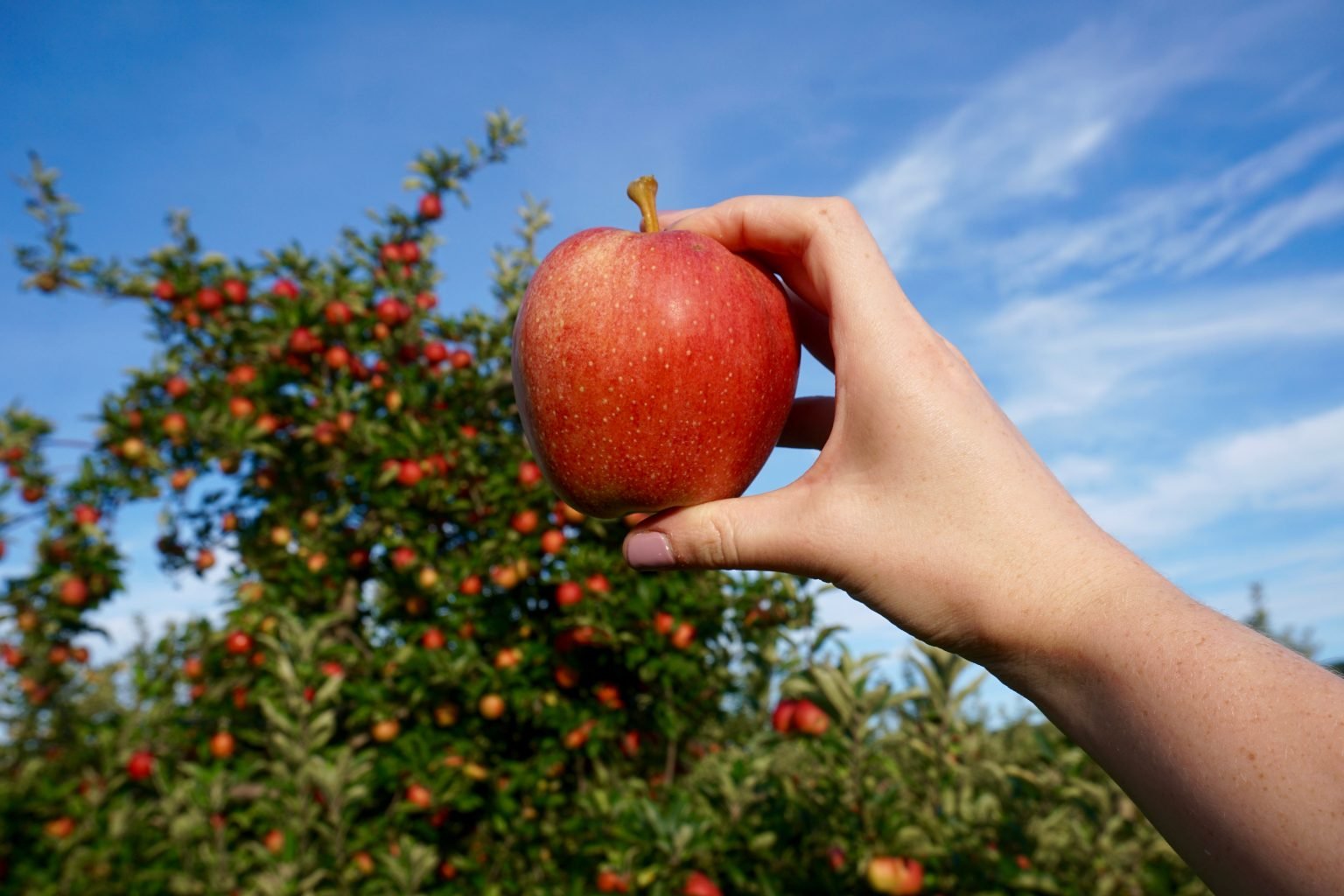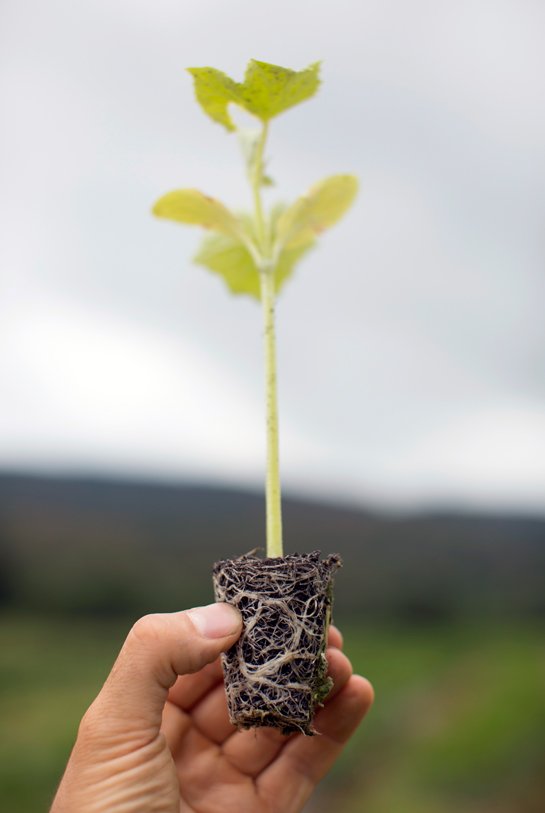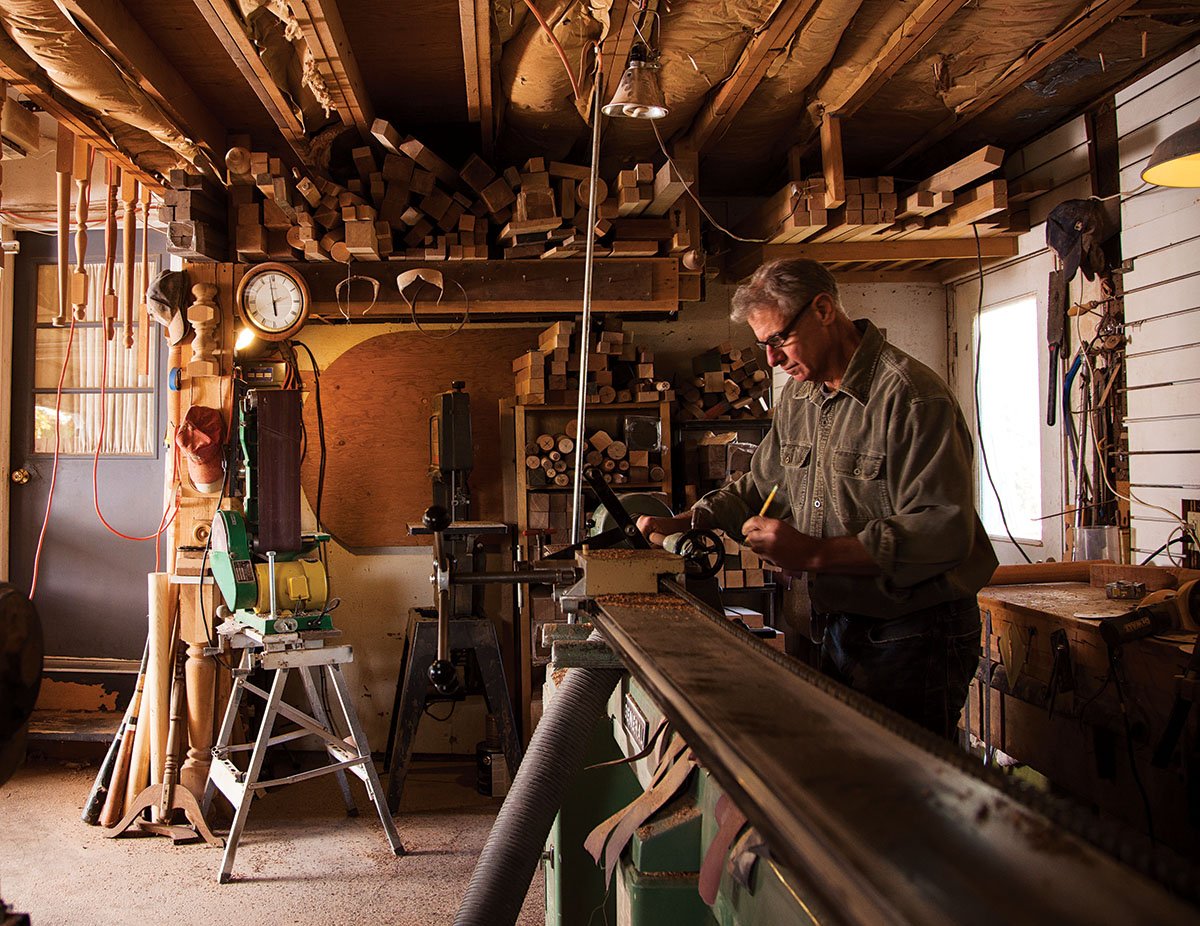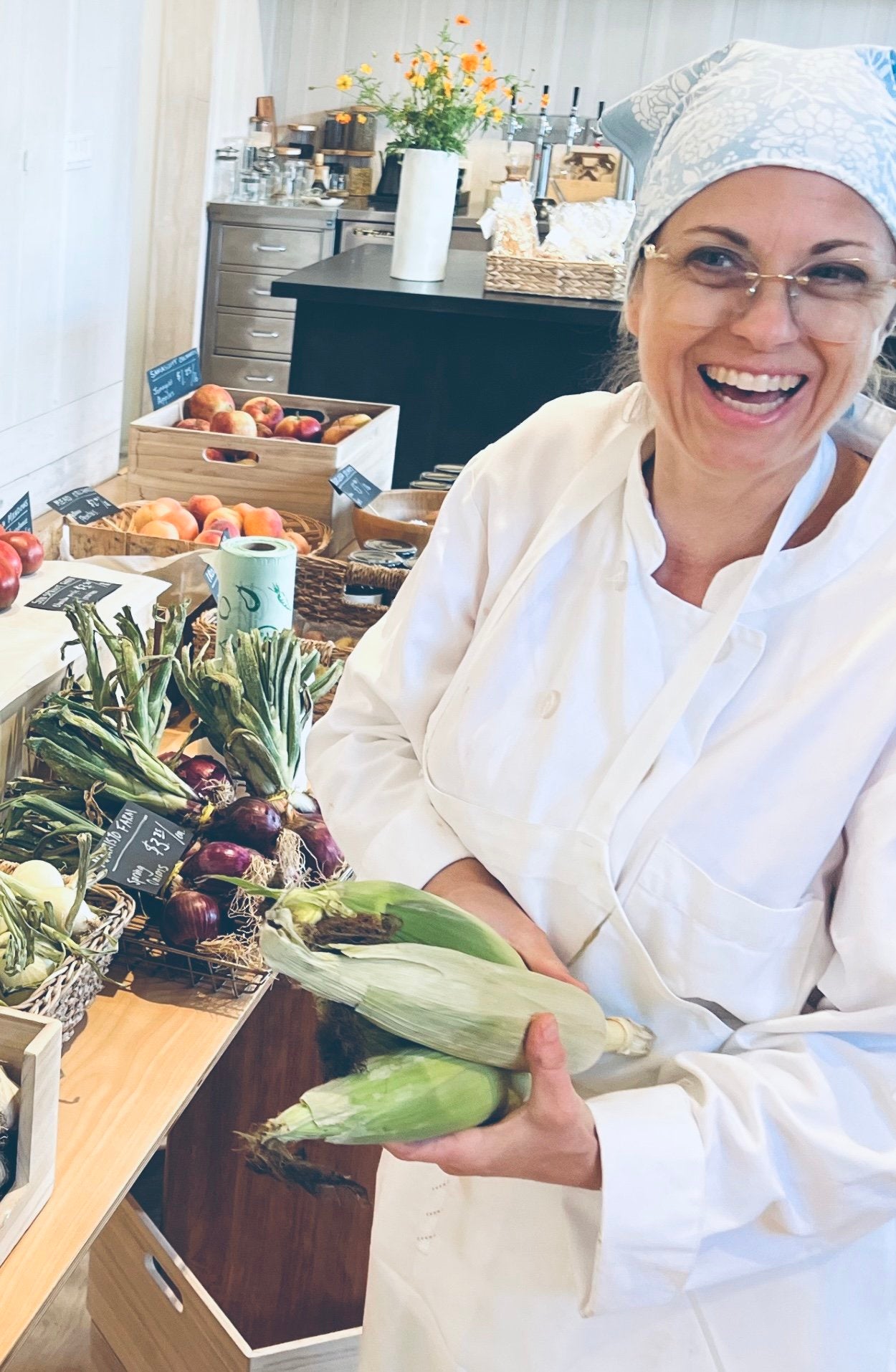Out in the Orchard at Fishkill Farms
“Even if I’m just showing glimpses of the farm, some people have never even seen an apple tree before. I love that people get to experience that – whether it’s for the first time, or the hundredth time.”
- Katie Ross, Fishkill Farms
This week, we sat down with Katie Ross, of Fishkill Farms in Dutchess County, NY.
With over 270 acres, 100+ apple varieties, and countless types of produce growing throughout the seasons, there's a lot going on at Fishkill – both underneath the soil and above ground. For as much that goes into the farm, Katie acts as the distiller, translator, and distributor of all information coming out of the farm. In other words, everything we, the consumers, want to know about what goes on at Fishkill is through Katie’s doing. Especially now, as apple season gets underway and our curiosity and hunger inevitably spikes for all things crisp and crunchy, Katie is the one telling us which varieties are available, when, and how exactly we can get our hands on them. For that, and for her diligent work and passion for what she does, we thank her.
Read on to learn about the ins and outs of Fishkill's fall season, its organic and eco-sustainable practices, and which special apple variety Katie loves above all others.

The State fruit. Photo courtesy of Fishkill Farms
Mast Journal: How did you wind up working at Fishkill?
Katie: I went to Ithaca College and studied Marketing and Communications there. Then, I did an internship at Edible Fingerlakes and worked on a student project for the Ithaca Children’s Garden, so I was already really interested in food and farming and telling those stories. I grew up in Dutchess County where Fishkill Farms is located, so I took a summer job there as a seasonal position, but they ended up needing a Communications person, and I filled that role!Mast Journal: How would you describe your day-to-day?
Katie: [Laughs] Well, I don’t really have a day-to-day, but I manage the farm’s social media accounts, farm website, reservation system, on-farm signage, general customer communications, wholesale, all of that. So my day-to-day is really varied, depending on the time of year. I’m consolidating all of the different information from different groups, from our orchard crew to our vegetable crew, and disseminating that information to the public, because we’re primarily a Pick-Your-Own farm, and we also have a CSA program. So it’s important to keep people updated on what’s going on in the orchards, and what’s available to pick.
Mast Journal: Along those lines, I think generally people associate fall with slowing down and settling in after the business of summer. On an orchard, though, your busy season is just getting started. Are you in the thick of it now, in terms of scheduling and operations, and everything a Pick-Your-Own program entails?
Katie: Yes, this is definitely our busiest time of year in terms of harvesting and customers visiting us on the farm. Everyone ramps up their hours and days here during this time, because we do accommodate a lot of visitors. But it also depends – I’d say our vegetable crew’s busiest time of year is during summer because of the vegetable harvest. On the whole though, apple season is very busy. We also host a winter CSA, so there has to be forward planning and trying to get winter crops in the ground and stored away. Apple picking is such a quintessential fall activity, especially for people in our area, and New York’s state fruit is the apple [laughs]. So orchards all over the state are very busy right now!
Mast Journal: I’m interested in the Eco certification process that all of your non-organic apples, stone fruits, and pears undergo. Could you describe what that is? I think most people only distinguish produce as organic or non-organic, but clearly there are more certifications and levels of care going on at Fishkill.
Katie: The Eco certification is really focused on Eastern growers, because we face a lot of challenges with humidity here. It makes for a lot of funguses and pests that orchards in, say, Washington might not necessarily have. It’s just easier to grow organic varieties on that side of the country. So the Eco certification allows us to focus on the pests and diseases we’re coming up against, and it treats only those specific pests. It has an ecological focus, whereas the organic certification really focuses on what you’re not using out in the orchard, like synthetic materials. The Eco certification focuses on a lot of different things, like how you’re taking care of the environment around you. So organic isn’t always the most sustainable thing for us. There are still some really heavy organic materials that people can use that might not be great for the environment.
In a blog post titled "The Secret Life of Fruit: Moving Beyond Organic," Fishkill owner Josh Morgenthau wrote this of the farm's organic and non-organic practices:
"It turns out good organic fruit does not come naturally in any sense of the word. In the warm and humid climate of the Hudson Valley, fruit is beset by a dizzying array of insect pests and fungal pathogens- more than nearly any other region in the world. Here, if an organic fruit crop succeeds at all, it comes as a drop of goodness wrung from ceaseless effort and action amid the unforgiving forces of nature.”
He continues:
"By assessing common commercial practices and crop protectants, and eliminating the worst in favor of the best, Eco Certification has done something quite remarkable – found a commercially-viable way to grow fruit in harmony with nature in our region. In many cases, Eco Apple can be seen as more sustainable than organic; a recent study by Cornell showed that the diversity of beneficial insects and native pollinators was equivalent in Eco Apple and Organic Orchards- with around twice the density and twice the diversity compared to conventional.
For all these reasons, we feel that our Eco Apples are in fact as (if not more sustainable) and just as clean and safe to eat as our organic fruit.”

Planting new trees. Photo courtesy of Fishkill Farms
Mast Journal: Given the humidity and environmental challenges, and with climate change being an ongoing issue, how has Fishkill had to adapt its farming methods?
Katie: We’ve definitely taken some action. In 2018, we had this storm and giant gusts of wind that just wiped out over 3,000 of our trees. So we went through and re-trellised and reinforced everything in our orchard. It’s actually still an ongoing project. But that’s just one example of something that we have to prepare for, with more extreme weather events. Also the fruit varieties we choose to grow organically are more modern and bred for disease resistance. We tried to grow McIntosh in our organic block, and we had to keep spraying and spraying these organic materials because the McIntosh just weren’t bred for diseases in our area. So we’re choosing produce varieties that are naturally better at surviving where we are, and that can withstand some of the funguses and challenges that occur on a farm.
Mast Journal: Speaking of apple varieties, do you have a particular favorite? Does it change from year to year?
Katie: Oh my gosh, it does change year to year. The weather can adjust an apple’s flavor, which is so cool. But I really like our Organic Goldrush, which is a late-season apple. I liken it to a Sour Patch Kid – it’s sour at the start of its season, which is the end of October, and by February those starches convert to more sugars and the flavor changes and it’s really sweet. It’s just such a fun and interesting variety.
Mast Journal: How many apple varieties does Fishkill grow currently?
Katie: It’s over one hundred right now, because we make our own hard cider as well, so a lot of those varieties aren’t even making it to the public for picking. At least not in the form of an apple anymore – just a beverage!
Mast Journal: Has working at Fishkill given you a new perspective on farming or sustainability you hadn’t had before?
Katie: I was interested in food more than farming in the beginning, so I didn’t have too much knowledge about farming itself other than just eating locally grown produce. But now, I can see the inner workings of a farm, what it takes, the flavor, unpredictability in weather, and the enormous effort it takes to get fresh produce from farm to table.

A tripod orchard ladder and apple tree. Photo courtesy of Fishkill Farms.
Mast Journal: For you, what is the most challenging part of what you do?
Katie: I think it’s providing the public with the most relevant information because things are changing so quickly on the farm, that it’s almost daily check-ins with everyone, making sure everyone’s on the same page, making sure I’m giving the public the correct information. But having been here for seven years, I kind of know what to expect and have a much better understanding of the farm and seasonality. But just keeping up with all the variables of farming, because the weather can change anything in an instant in these macrobursts. Even just the other day – we’ve barely been getting any rain, but we had a storm and it knocked down 30 of our winesap trees. So now that can affect our amount of winesap apples available. It’s things like that where you just have to constantly adjust and try to stay on top of things as they change on the farm. And people have such different understandings of produce – you can’t just restock the apple trees, or have much control over that, so I like to provide stories and examples of what’s happening on the farm so people really get an inside look.
Mast Journal: Definitely during the Pick-Your-Own season, I imagine people get quite passionate about which varieties they love, and which are available, especially since you have so many that aren’t offered in supermarkets.
Katie: Absolutely. People get very passionate about their apples. I try to never make promises I can’t keep about which varieties will be available, because with nature being as it is, you just don’t know what could happen.
Mast Journal: What’s your favorite part about what you do?
Katie: I love that I’m not sitting at a computer all day. I’m out in the orchard, I’m amongst all this wonderful produce, and I’m educating people, even in small ways, on farming. Even if I’m just showing glimpses of the farm, some people have never even seen an apple tree before. I love that people get to experience that – whether it’s for the first time, or the hundredth time. I love seeing the joy it brings people.
More from The Journal

Woodturning with Kenneth Freeman
In conversation with woodturner, Kenneth Freeman, of Vermont Rolling Pins.
Read more
